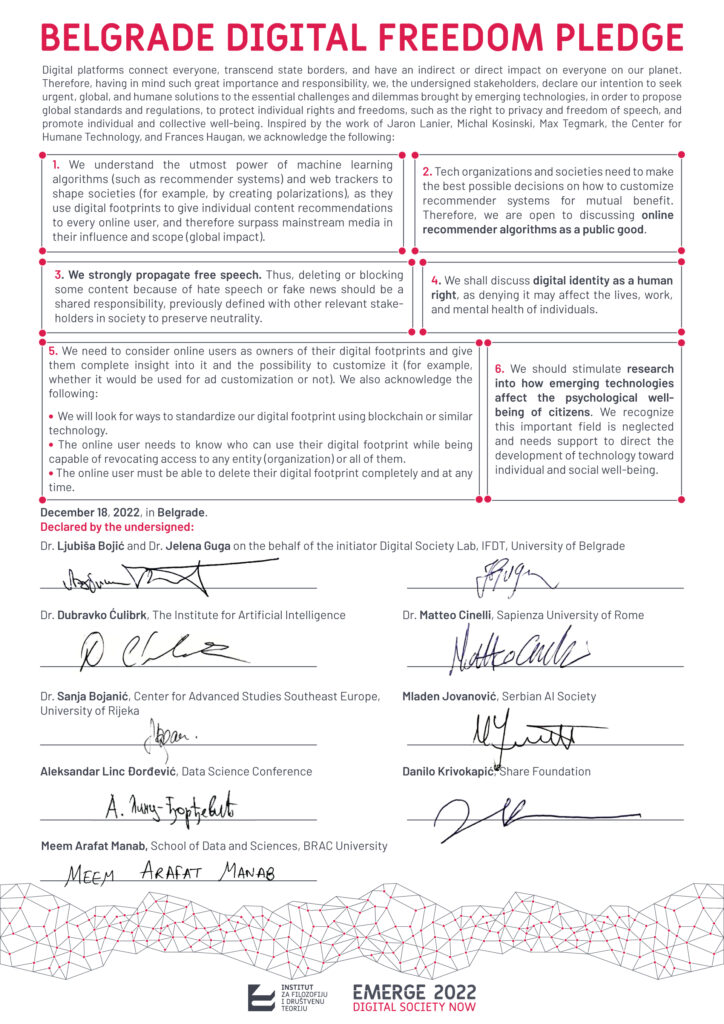
Ljubisa Bojic, PhD
Senior Research Fellow
Institute for Artificial Intelligence Research and Development of Serbia
University of Belgrade, Institute for Philosophy and Social Theory, Digital Society Lab
Complexity Science Hub Vienna
futures studies, communication science, AI alignment
CV & Bio Email Institute Lab Emerge Pledge LinkedIn Twitter
Media & Speaker Inqueries
Upcoming/News
9-10 February 2026
Joint Working Groups Meeting—Gdansk, Poland
Read more >
6 February 2026
Lecture in the Unlocking Series of the OTP Bank Serbia: Meaning in the Age of Artificial Intelligence: Is there Place for Humans Among Algorithms and Robots?—OTP Bank Headquarters, Belgrade, Serbia
Read more >
5 February 2026
Fireside chat with Milica Mitrovic on digital identity and mental health in the age of algorithms—European House, Nis, Serbia
Read more >
28-30 January 2026
Presentation of research results: Behavioral Fidelity of LLM-Powered Agent Counterparts in Simulated Social Networks, Twin of Online Social Networks consortium meeting—Berlin, Germany
Read more >

Does GPT-4 surpass human performance in linguistic pragmatics?
Read now >
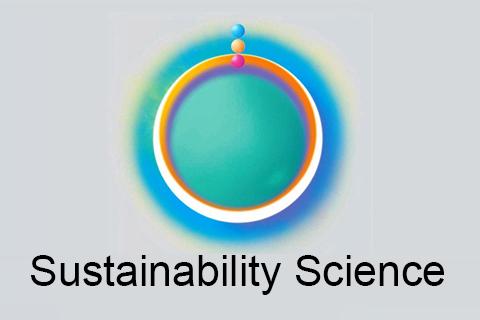
Navigating the winds of change: strategic foresight and the power of weak signals
Read now >

An Agent‑Based Simulation of Politicized Topics Using Large Language Models: Algorithmic Personalization and Polarization on Social Media
Read now >

Comparing large Language models and human annotators in latent content analysis of sentiment, political leaning, emotional intensity and sarcasm
Read now >

Who Trusts AI for Health Information? A Cross-National Survey on Trust Determinants in Four European Countries
Read now >

The dual impact of virtual reality: examining the addictive potential and therapeutic applications of immersive media in the metaverse
Read now >
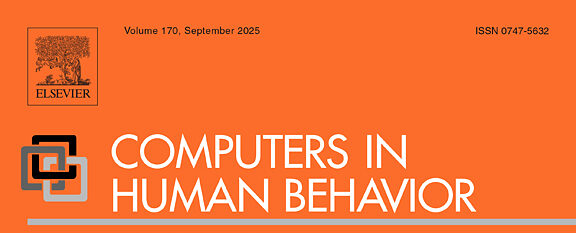
Help me, Doctor AI? A Cross-National Experiment on the Effects of Disease Threat and Stigma on AI Health Information-Seeking Intentions
Read now >
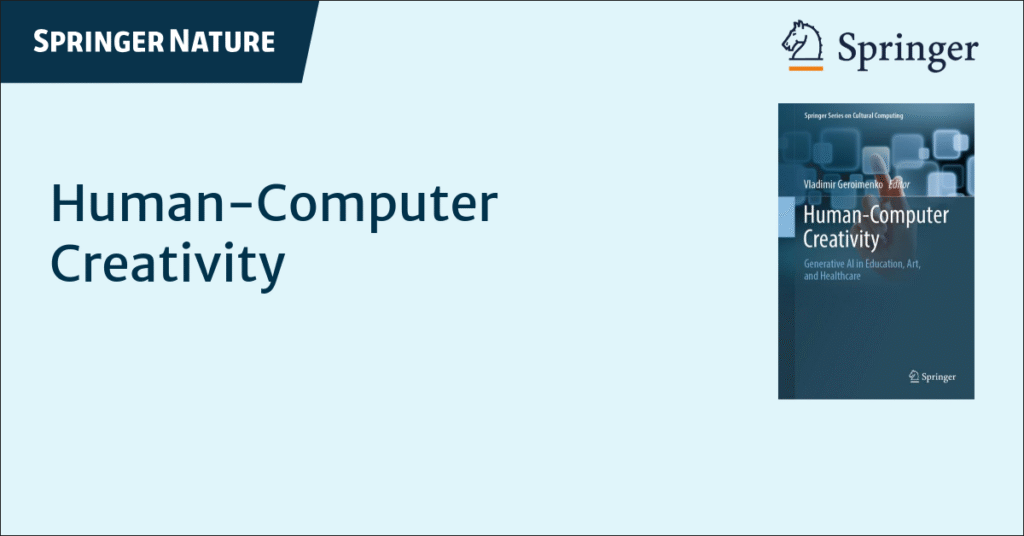
Human Doctors Versus AI Models: Advice Perceptions in Serbia, Kazakhstan, and Kyrgyzstan
Read now >

Signs of consciousness in AI: Can GPT-3 tell how smart it really is?
Read now >
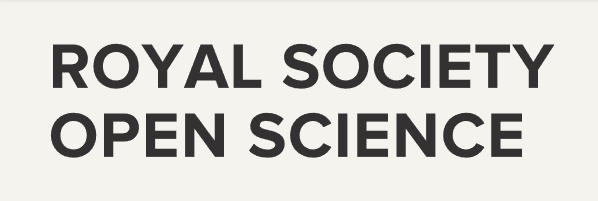
Personality testing of large language models: Limited temporal stability, but highlighted prosociality
Read now >
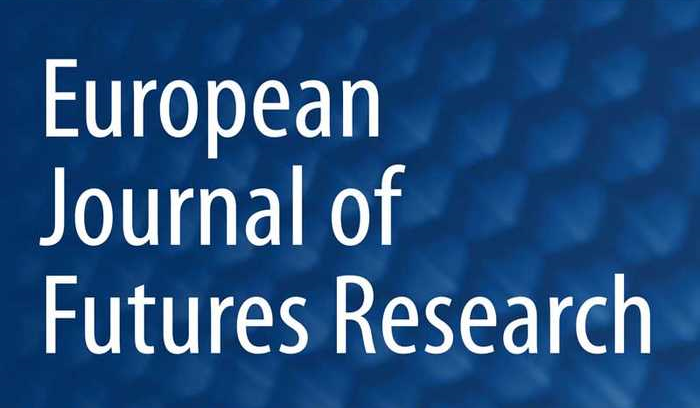
CERN for AI: a theoretical framework for autonomous simulation-based artificial intelligence testing and alignment
Read now >
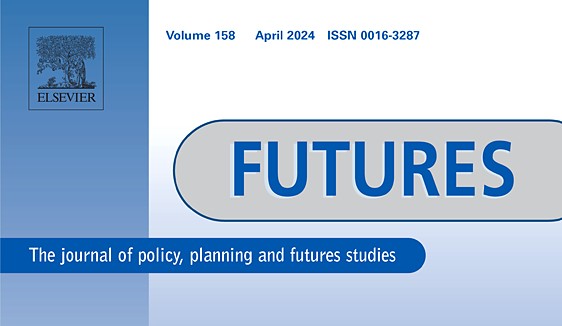
AI alignment: Assessing the global impact of recommender systems
Read now >

Coss-platform social dynamics: an analysis of ChatGPT and COVID-19 vaccine conversations
Read now >

Metaverse through the prism of power and addiction: what will happen when the virtual world becomes more attractive than reality?
Read now >

The Immersion in the Metaverse: Cognitive Load and Addiction
Read now >

Predicting the intention to use generative artificial intelligence for health information
Read now >
Research Interests
AI alignment, recommender algorithms, artificial intelligence, metaverse, emerging technologies, digital humanism, new media addiction, blockchain, echo chambers, AI ethics, big data analytics, psychometrics, misinformation, negative news, social polarization, algorithms as public good, virtual identity as human right, societal impact of technologies

Ljubisa Bojic is a communication scientist, futurologist, and author of the papers CERN for AI: A Theoretical Framework for Autonomous Simulation-Based Artificial Intelligence Testing and Alignment, AI alignment: Assessing the global impact of recommender systems and Metaverse through the prism of power and addiction: What will happen when the virtual world becomes more attractive than reality? Bojic received his Ph.D. from the University of Lyon II, France in 2014 and is currently a senior research fellow at the Digital Society Lab, Institute for Philosophy and Social Theory, at the University of Belgrade, senior research fellow at the Institute for Artificial Intelligence of Serbia. He has written more than 50 scientific papers, some of them published in leading journals, such as the European Journal of Futures Research, Scientific Reports and Futures. Bojic was appointed to the United Nations Environment Programme Foresight Expert Panel by UNEP’s Chief Scientist Andrea Hinwood. He was a member of the Serbian government work group dedicated to developing ethical standards for artificial intelligence. Bojic is associate editor of Springer’s journal Humanities & Social Sciences Communications and serves as an executive board member on Horizon’s Project 2022 TWin of Online Social Networks. He is the founder of EMERGE: Forum on the Future of AI Driven Humanity and the initiator of the Belgrade Digital Freedom Pledge intended to stimulate widespread conversations about recognizing recommender systems as a public good and digital identity as a human right. Bojic was featured in the book The Edinburgh Companion to the New European Humanities as one of the founders of a new multidisciplinary approach that uses digital tools to inquire into the humanities. The current focus of Bojic’s research is the development of global AI policies and the alignment of AI with human values and wellbeing. He is frequently invited by the media to comment on the latest developments in AI from the perspective of social sciences and digital humanism. Bojic speaks at universities and events across the world about his latest research.
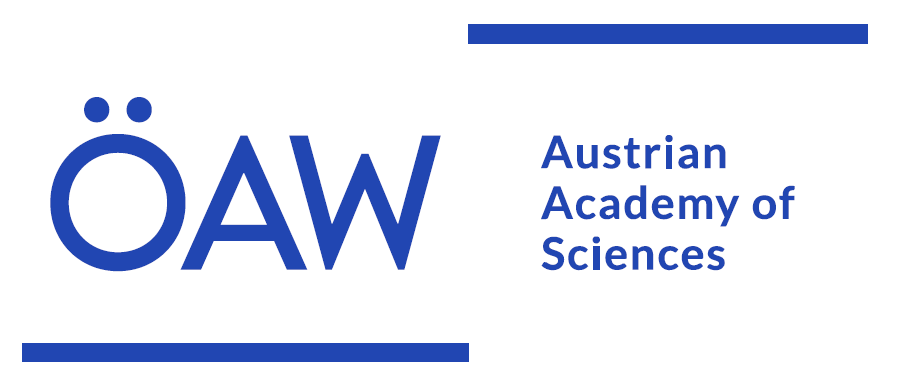
December 17, 2025
In the official letter confirming receipt of the prestigious Joint Excellence in Science and Humanities grant, Heinz Fassmann, president of the Austrian Academy of Sciences, called Ljubisa’s research proposal the most intriguing.
Read now >

November 26, 2025
Echoing the existential warning featured in NIN, Ljubisa Bojic argues that the ultimate danger of AI is not technical failure, but the seductive promise of a painless virtual existence that could make people willingly cease to be human.
Read now >
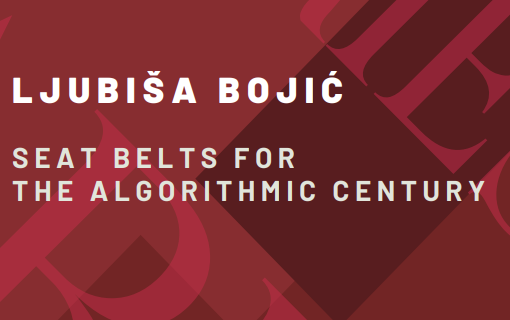
September 6, 2025
Drawing parallels with the unregulated early days of automobiles, Bojić highlights how AI systems, embedded in toys, health apps, and education platforms, carry latent biases and risks, exemplified by real-world tragedies like a Florida teen’s suicide linked to an unchecked chatbot.
Read now >
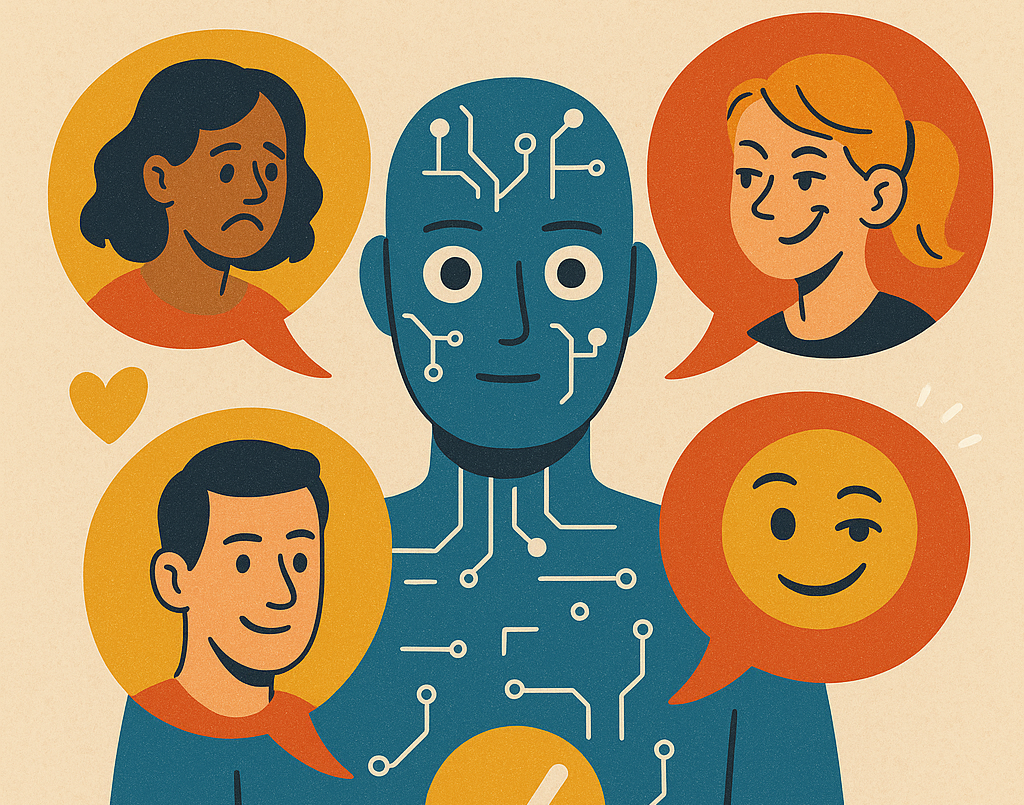
July 3, 2025
Ana Jovancevic writes for the leading global scientific media The Conversation about research co-authored by Bojic: AI might now be as good as humans at detecting emotion, political leaning and sarcasm in online conversations
Read now >

February 20, 2025
In his comment to Research Professional News, Bojic supported Von der Leyen’s plan to develop CERN for AI as a “substantial move towards responsible AI development” aligned with his 2024 theoretical framework for such a collaborative model. However, he emphasized the need for stronger integration of multidisciplinary research, ethical frameworks, and robust testing environments to address AI alignment challenges.
Read now > PDF >

January 23, 2025
As an outcome of the TwON Horizon project, Policy Handout features a recommendation based on Bojic’s research: algorithms should be designed to deliver a curated mix of content that balances emotional tones, avoids negative bias, and introduces users to diverse topic areas and political viewpoints, thereby fostering a more inclusive and creative digital environment.
Read now >
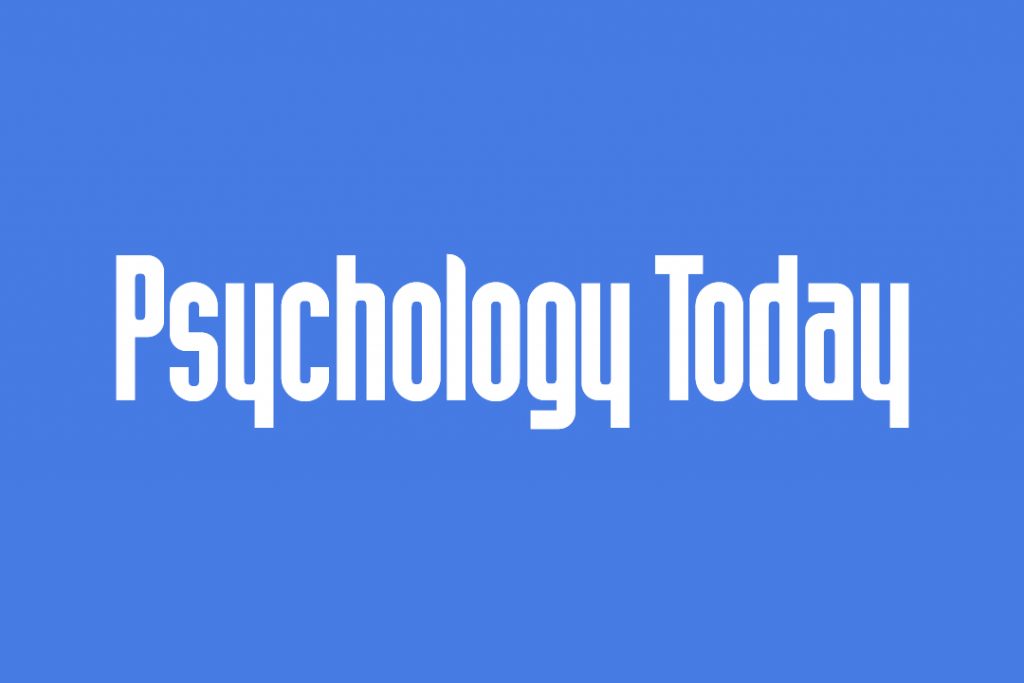
January 3, 2025
Recently published paper on artificial consciousness co-authored by Bojic was featured by Psychology Today in their insightful article, ’25 Ways AI Will Change How We Think and Feel in 2025.
Read now >

October 15, 2024
Research on personality traits in LLMs was discussed in an interview between Ljubisa Bojic, Bojana Dinic and Jeannette Kras from Scientias, the leading Dutch science portal.
Read now >
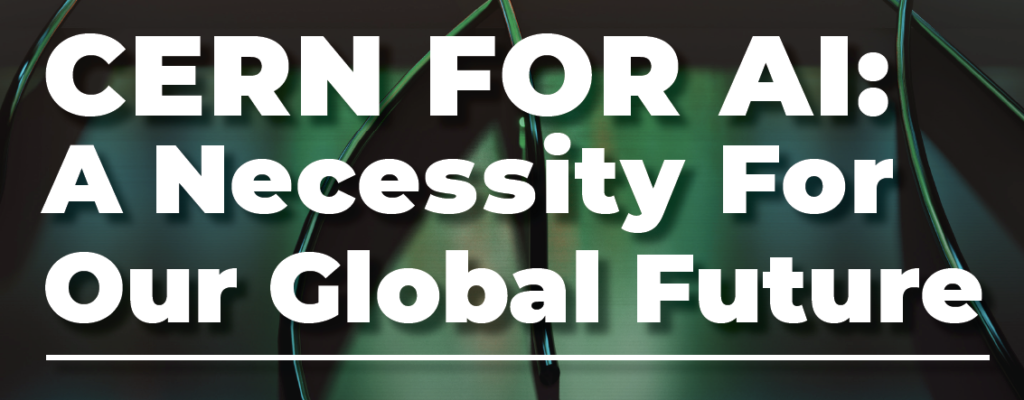
September 26, 2024
Bojic writes for Human Futures magazine, discussing topics such as AI Observatory, complex testing in virtual reality, and regulated diversity in recommender systems as necessary steps towards safe, robust, and accountable AI.
Read now >

August 31, 2024
Article “CERN for AI: a Theoretical Framework for Autonomous Simulation-Based Artificial Intelligence Testing and Alignment” was featured by the World Economic Forum’s Strategic Intelligence Insights.
Read now >

July 15, 2024
As a member of the UNEP’s Foresight Expert Panel Ljubisa Bojic contributed to the Global Foresight Report on Planetary Health and Human Wellbeing. The publication cites his research inqueries on AI’s capabilites in lingustic pragmatics.
Read now >

May, 2024
Bojic’s research was cited by the G7 Policy Brief “Towards Safe, Secure, and Trustworthy AI: Implementing the G7 AI Hiroshima Policy Framework”: experts have called for the establishment of a similar model (CERN for AI) based on international collaboration, underscoring the relevance and ongoing discussion about this governance model.
Read now >
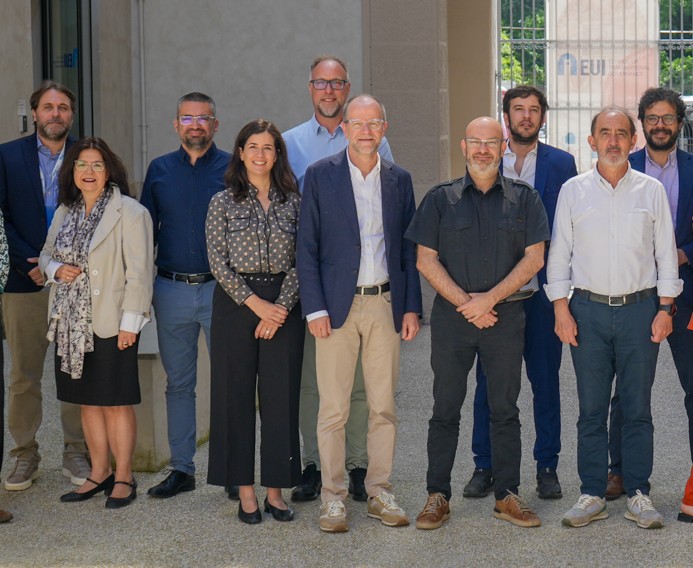
May 31, 2024
Bojic presented insights from his research under title “The Stuggle for Human Autonomy in the Age of AI” at the High-Level Policy Dialogue on Artificial Intelligence and Democracy discussing the priorities of the STG Chair in Artificial Intelligence and Democracy on a global scale—School of Transnational Governance, European University Institute, Florence, Italy
Read now >

March 1, 2024
Article CERN for AI co-authored by Bojic is cited by Forbes noting that AGI is a hypothetical future possibility. The article is about Elon Musk’s Claims that OpenAI Has Abandoned Pursuit Of ‘Benefit For All Humanity’
Read now >
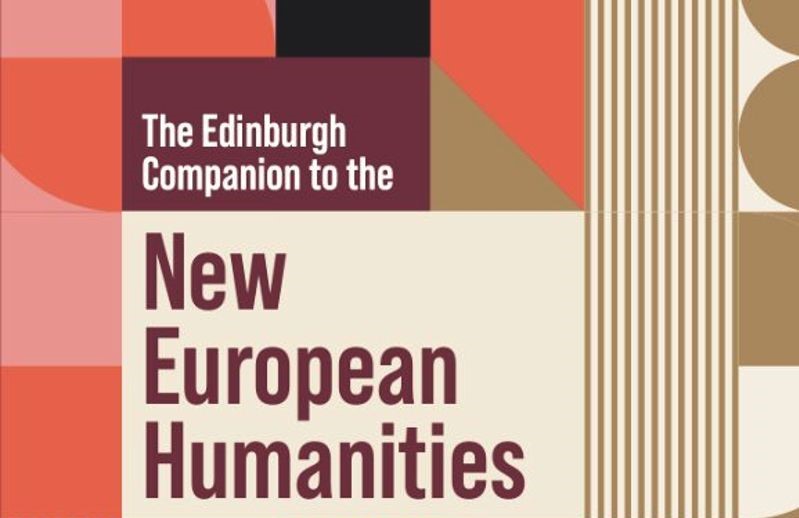
20 February, 2024
Bojic was featured in The Edinburgh Companion to the New European Humanities as the founder of a new multidisciplinary approach that uses digital tools to inquire into the humanities.
Read now >
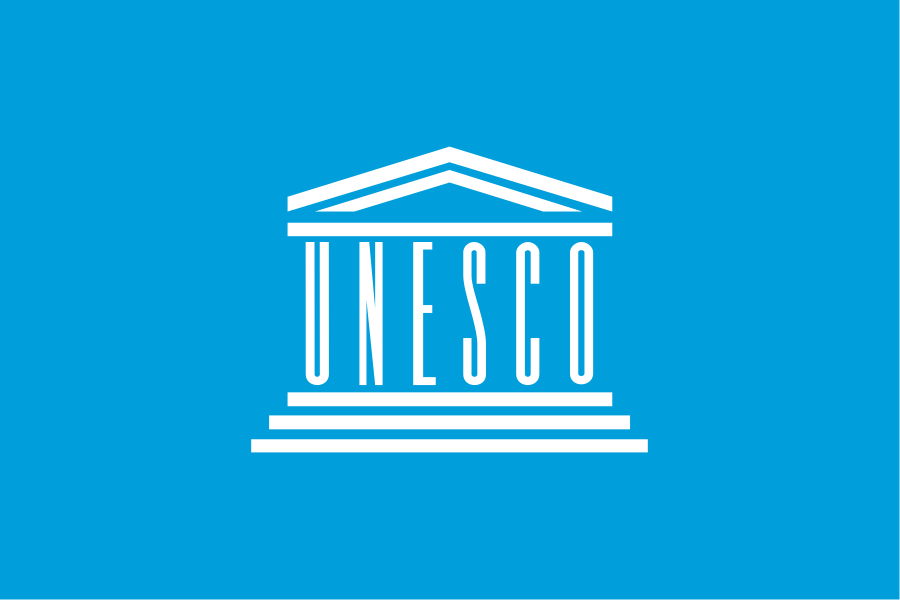
6 February, 2024
Bojic presents at the GFEAI 2024: Global Forum on the Ethics of Artificial Intelligence hosted by Slovenia under the patronage of UNESCO.
Read now >

June 29, 2023
Bojic voices his opinion for the Balkan Insight: AI may not need to launch a sci-fi-style ‘rebellion against humanity’ – but the gradual assimilation of humans and AI poses dangers all of its own.
Read now >

January 7, 2023
In the article “Regulating the Metaverse”, the Regulatory Review, reports: In a recent article in the European Journal of Futures Research, Ljubisa Bojic of The University of Belgrade examines developments in the rule-setting power of the metaverse.
Read now >
Guiding Thoughts
Bojic’s early inquiries detect light and mild addictions, which he considers as important in shaping contemporary society. Bojic focuses on AI powered recommender algorithms, as more effective than mass media in provoking addictions and social polarizations. That’s why recommender systems are labeled as the most impactful social force and means by which AI affects more than half of the world population.
Bojic’s long-term project is establishing the Media Reality Index to quantify emotions expressed by media and citizens online. The goal is addressing inadequate representation of social reality (negative news). In his most recent research, this idea is used to solve the issue of AI alignment, applied to recommender systems on social media, large language models, and, in the future, general artificial intelligence. Bojic proposes urgent algorithmic solutions for algorithmic challenges to promote AI adapted to human values and wellbeing.
See all videos >
Read Bio >
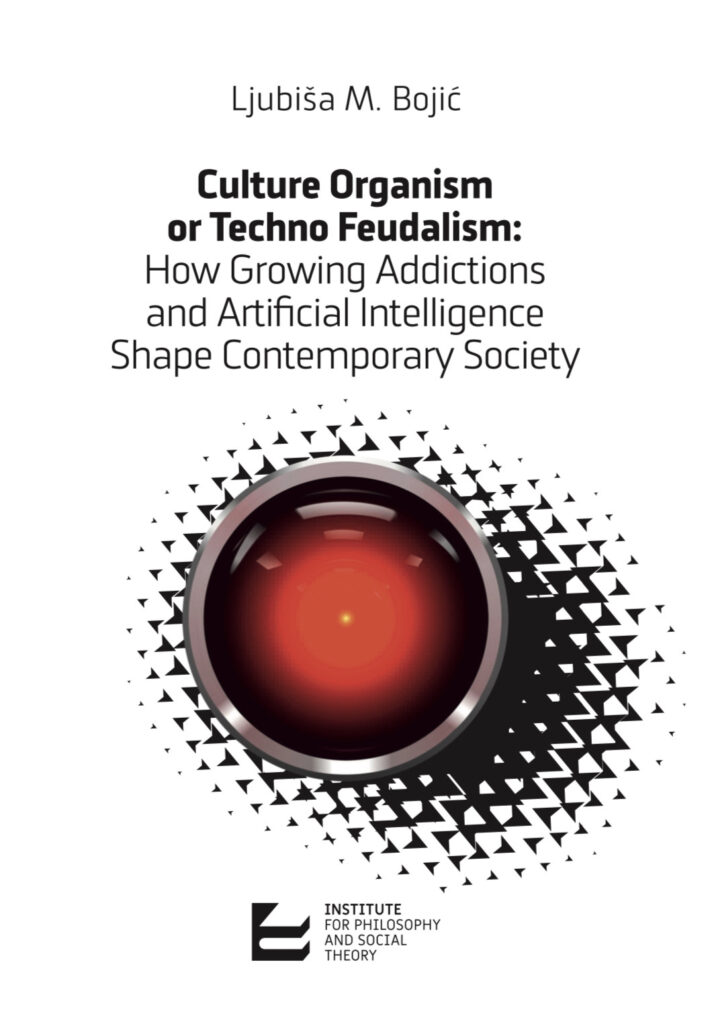
About the book
Culture Organism labels AI recommender systems as the most influential social force at present, that should be declared public good. The tech driven society is introduced as the Culture Organism, while the most significant social challenge is repression of the individual by the corrupt social agents. Analysis of light and mild addictions is presented, which is put into a wider context, identifying the outcomes as social polarizations, appearance of echo chambers, spread of misinformation, rise of populist leaders and decreased democratic capacity. Nature of media is examined in the context of addiction intensity to conclude that new media, such as smartphones, are more addictive than the older media, because they have more reality mimicking features. AI recommender algorithms have a similar role as the mass media. The difference is that the algorithms, which are used by social networking sites and various online apps, are more successful in prolonging time online users spend in front of their screens.
Download | Cite as ▼
Bojic, L. (2022). Culture Organism or Techno-Feudalism: How Growing Addictions and Artificial Intelligence Shape Contemporary Society. Belgrade: Institute for Philosophy and Social Theory.
